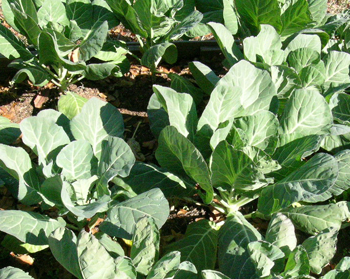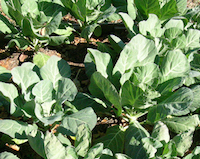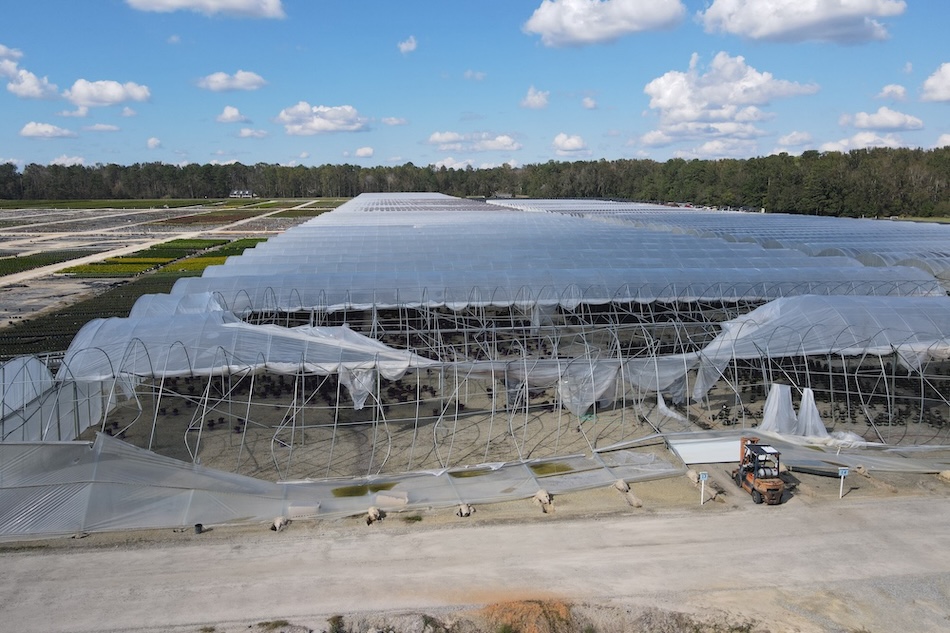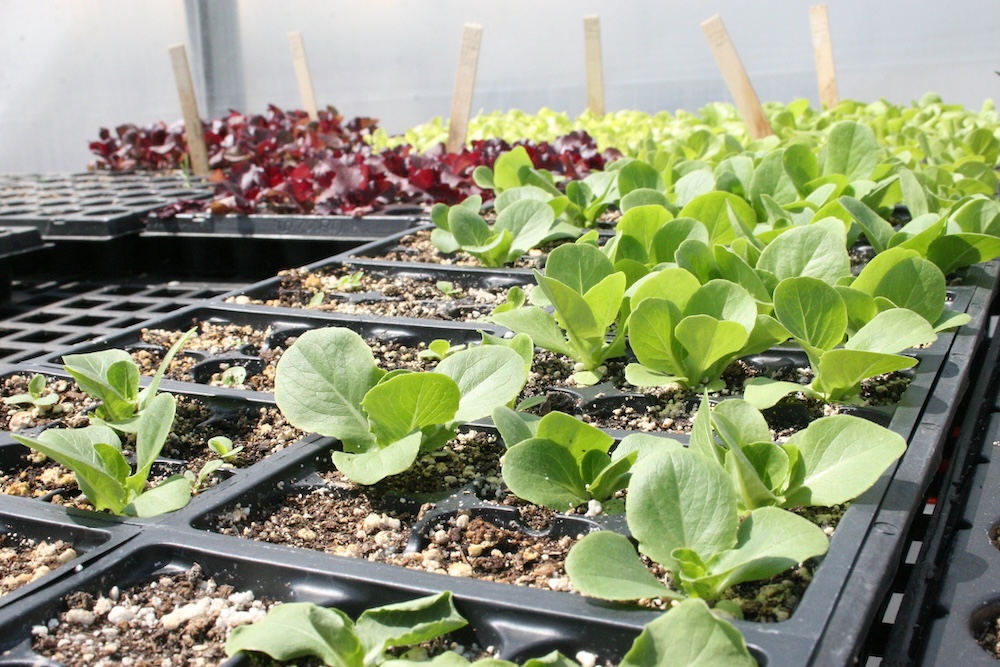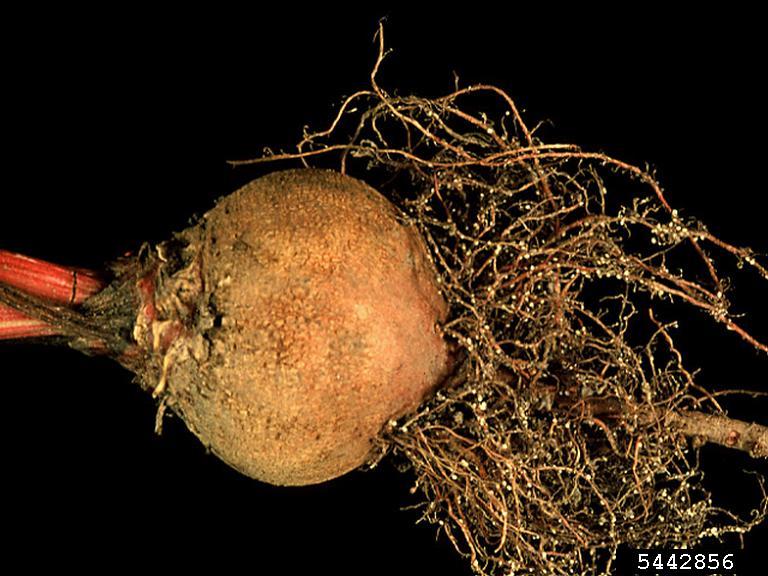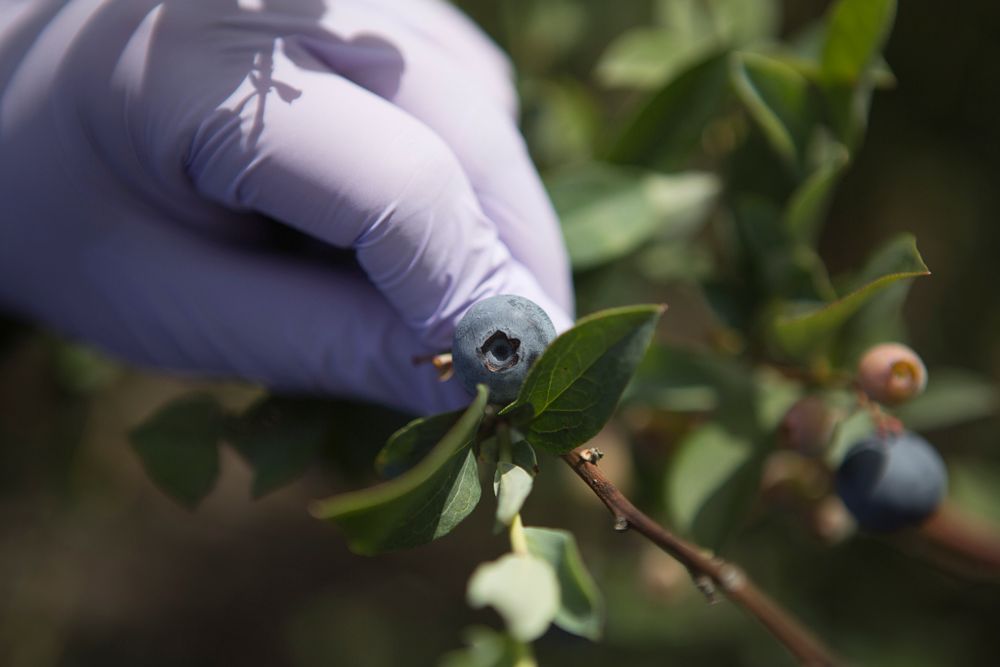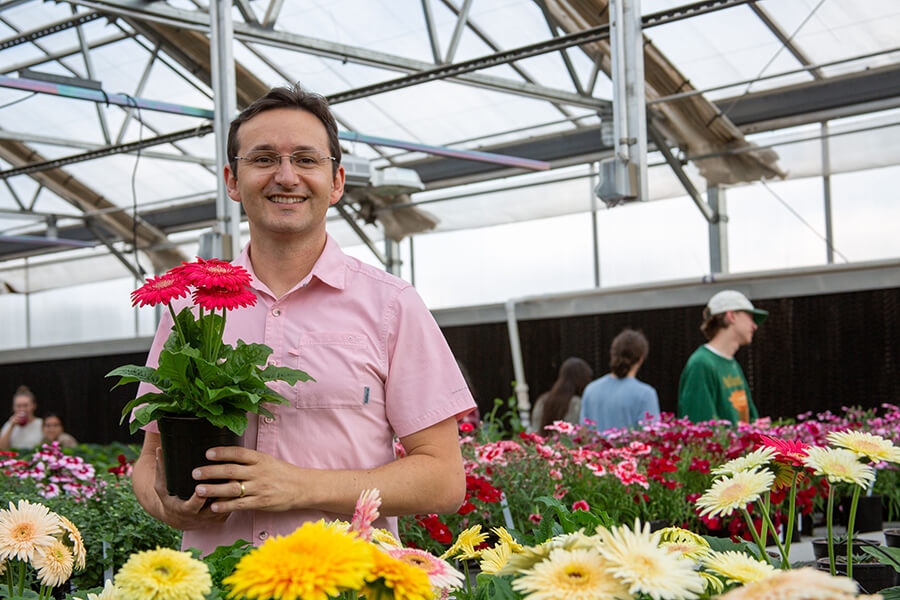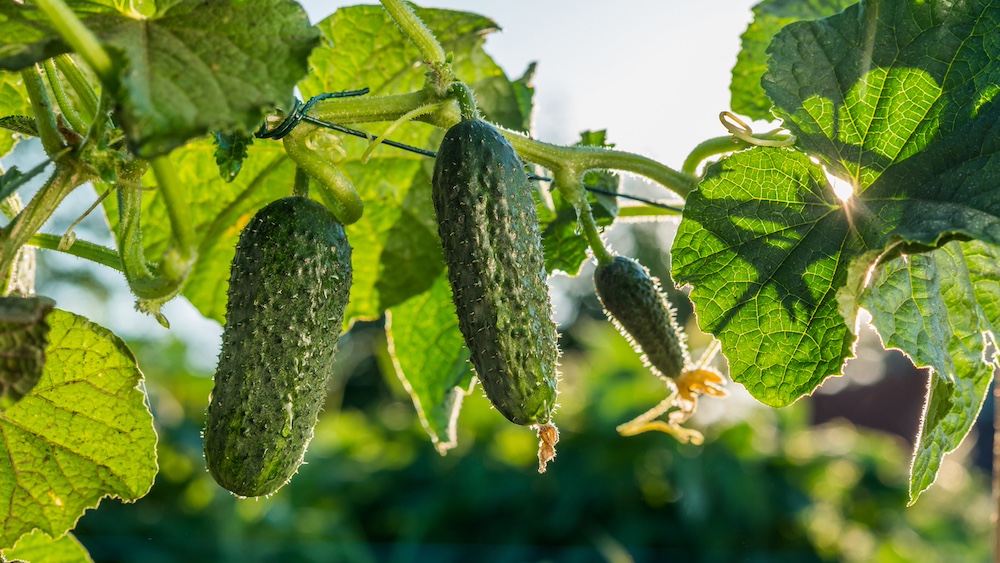Many so-called super-foods such as kale, collards and spinach are ideal cool season vegetables for planting in September.
Just follow these simple suggestions from University of Georgia Extension and you can have a productive fall garden with healthful and tasty veggies.
Preparation is key – If you already have a summer garden, now is the time to clean out the old plants and prepare the soil. Work in some compost, perhaps incorporating chopped up summer plants, along with a balanced fertilizer (10-10-10). Be sure to follow the label instructions on the fertilizer.
If you haven’t had your garden’s soil tested recently, consider taking a soil sample to your local Extension office before doing any fertilization. You will receive easy-to-interpret pH and nutrient addition recommendations via email within two weeks for $8.
Seedlings or Seeds? – Ideally, gardeners should start seeds for broccoli, cabbage, collards, kale, turnips and beets in August. If you haven’t already started seeds, purchase vegetable plant seedlings from an area garden center. These will be ready to transplant into your prepared bed in September. Some plants like spinach, lettuce and radishes are great to start as seeds right in your garden plot. There’s no need to transplant these.
Care and keeping of young veggies – Be sure to keep young seedlings watered while they are getting established. Also, watch out for weeds which grow rampant this time of year. Mulch applied between the rows will inhibit weed growth and help keep in moisture.
A balancing act – Getting fall vegetable crops established can be a balancing act. On the one hand, cool-weather plants need to be started early enough to allow them to get established before cold weather sets in. Conversely, unseasonably warm weather lasting well into fall can subject new seedlings to diseases and insects, which flourish in the warm temperatures. With this in mind, it’s important to keep a close eye out for any early signs of pests or disease. Act quickly to rid your garden of these pests before they take over.
For more information on fall vegetable gardening, including disease and pest control, search the UGA College of Agricultural and Environmental Sciences’ publications website at caes.uga.edu/publications.

